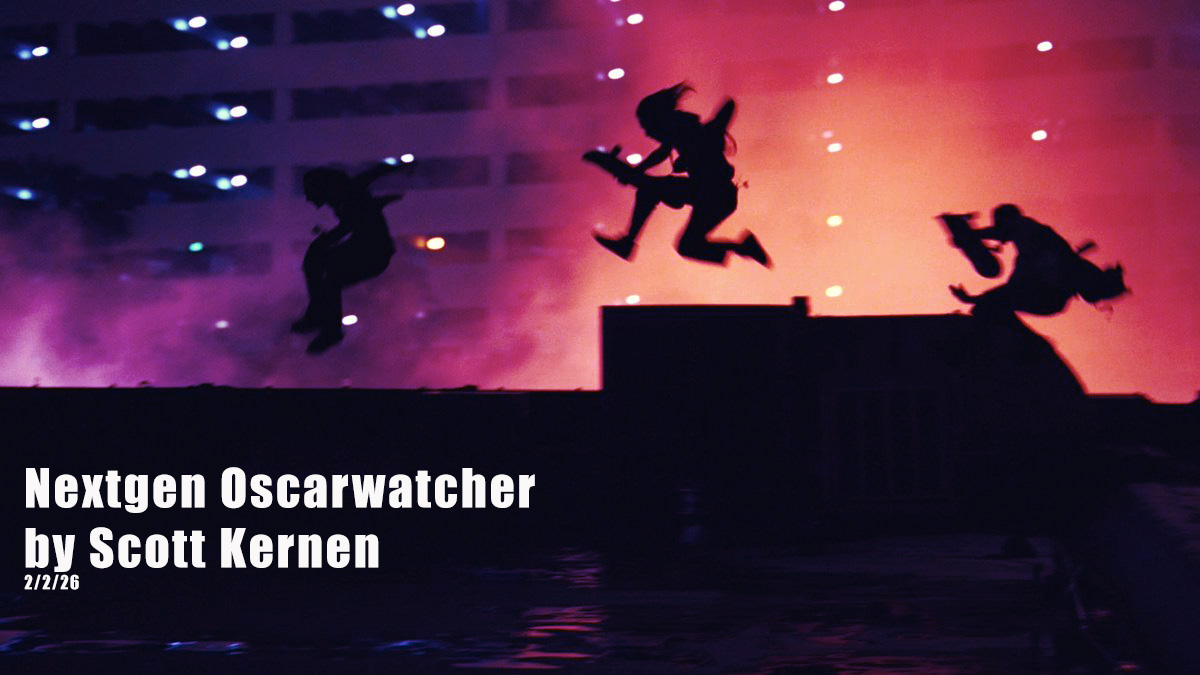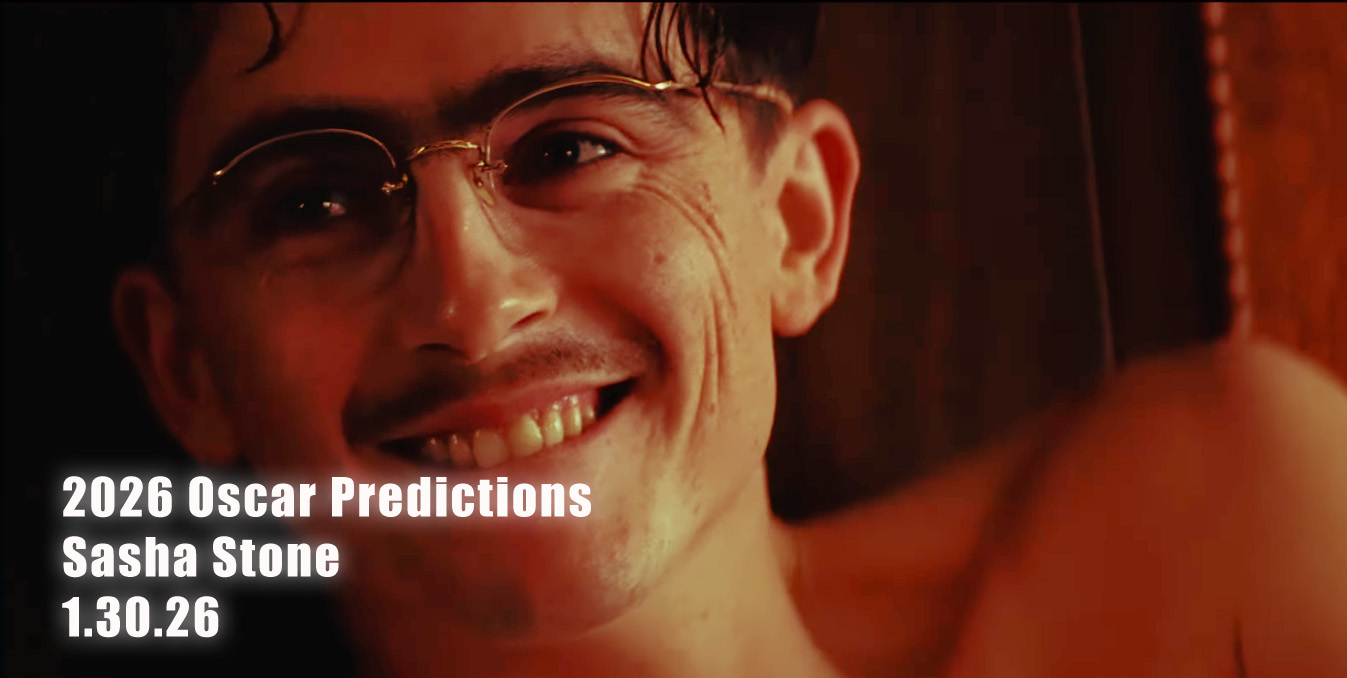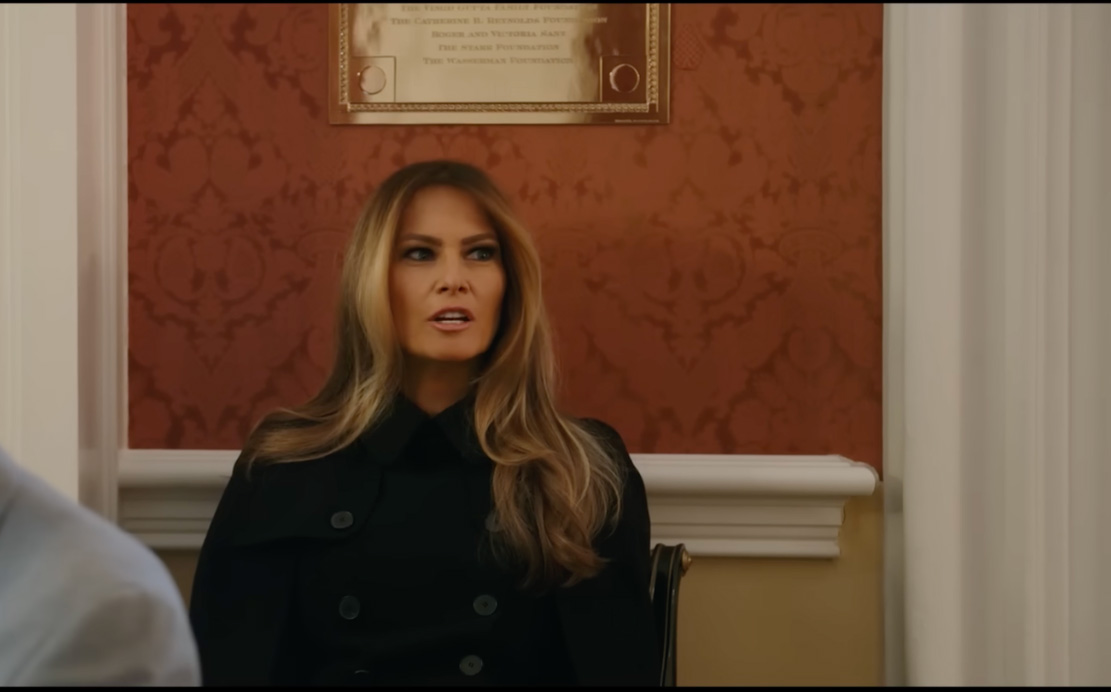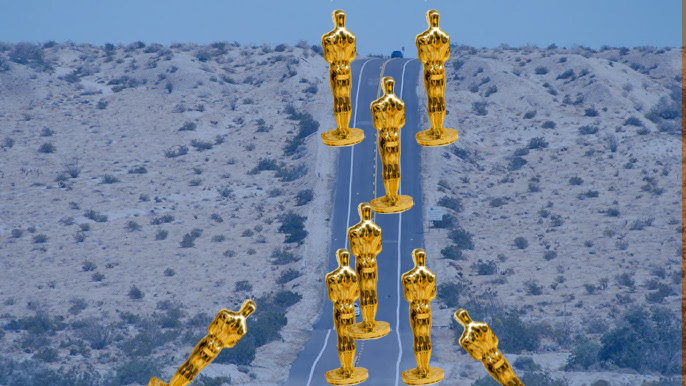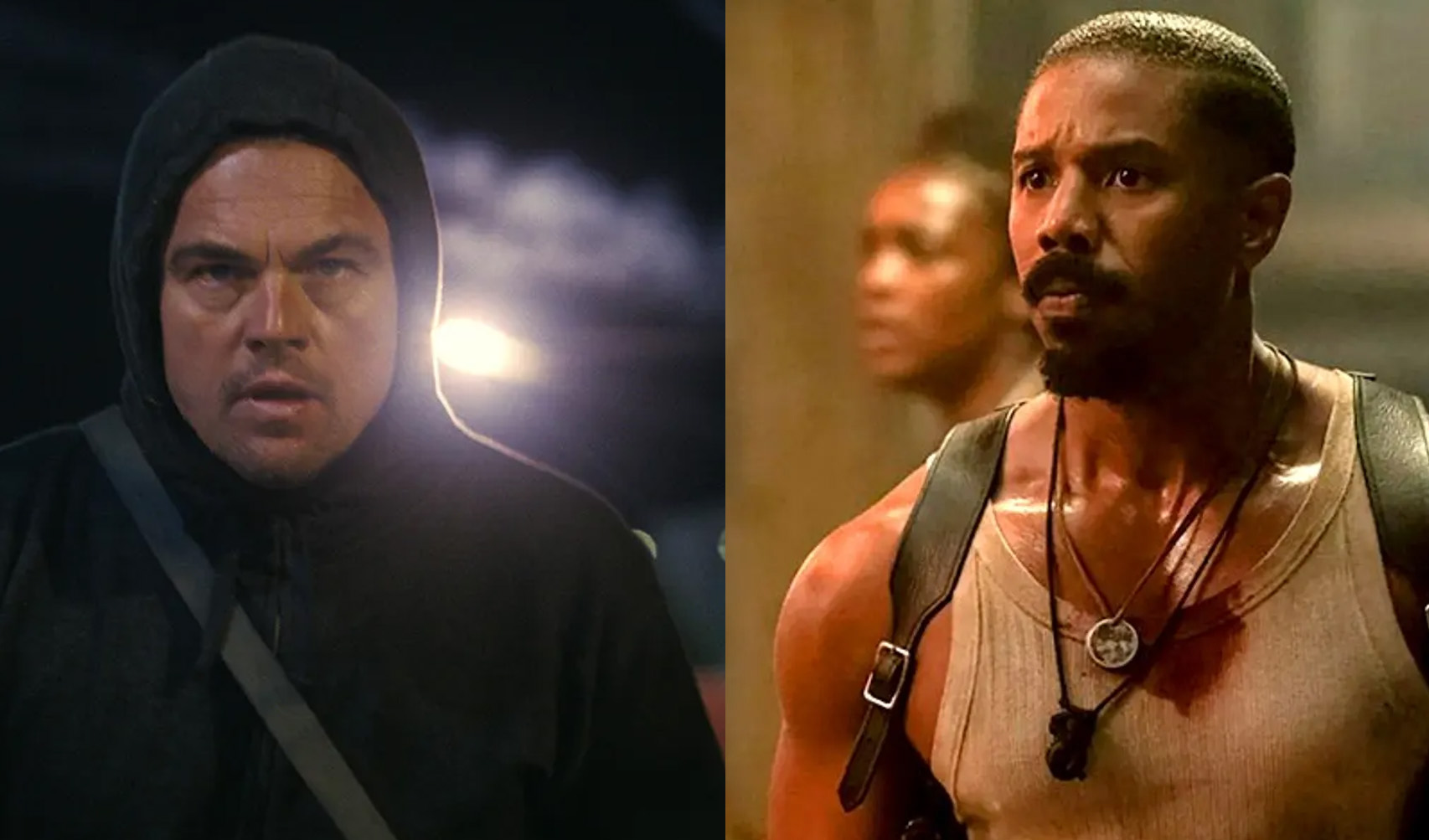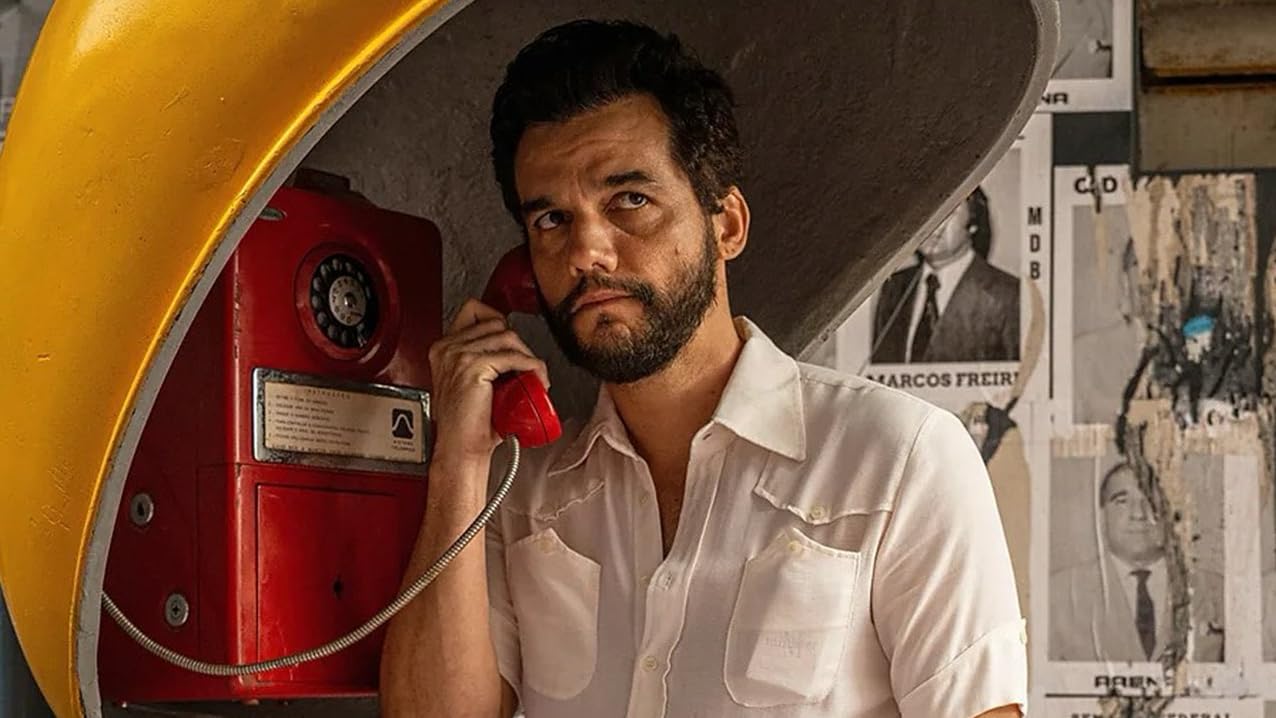When Lauren Greenfield set out to make The Kingmaker, she wanted to look at Animal Island, a safari on the island of Cavite, Philippines. It was a project initiated by Ferdinand and Imelda Marcos in the 70s. Inspired by a newspaper article, Greenfield started her research.
As she began her work, Bong Bong Marcos announced his intent to run for Vice President. Could Marcos Jr rise to power? Imelda Marcos who had been exiled from the Phillippines had been able to return and run as a congresswoman. How were the Marcoses able to rise if they didn’t steal billions from the people of the Philippines? Greenfield’s fascinating look at the Marcoses dives into, ” a look at history, who creates it and how it’s rewritten.” As you’ll see, the iconic Imelda’s account is frightening- her false version of history is debunked by accounts from other truthtellers.
I spoke to Greenfield about the turn her filmmaking took, sitting with Marcos and history repeating itself.
This whole journey for you began with the article, right?
Imelda Marcos has always been this iconic reference for me as I worked on wealth. As I read this article on Animal Island, but this was the ultimate extravagance. It involved living things, displacing animals and humans. It involved human rights. To me, it spoke to the consequences intended and unintended of wealth and power. You make a decision that can be impulsive and on a whim, and generations later, there’s a new government and this island exists with doomed animals. They’re inbred and have to navigate life with the Indigenous people.I thought that was really compelling.
Also, reading about Imelda going back and becoming a congresswoman I was blown away by that. There are these two survivor stories; the animals surviving and Imelda surviving. By all accounts, she should be in jail and never allowed back in the Philippines. After being run out of town and kicked out, how does she become a congresswoman? That to me was really my starting point. Once I started getting interested in this, I watched Ramona S. Diaz’s documentary on Imelda. I thought she was interested as a character, but I wasn’t interested in doing a biopic or a character portrait. I thought Ramona’s film had done that. I was more interested in looking at it from a symbolic aspect and looking at the animal island and the legacy at looking back at how this happened. I thought it was going to be a historic tale and Imelda would be one voice in it.
I just got swept away by the election story and their rise to power. It was so unexpected. The journalist who I was working with, William Mellor introduced me to Mrs. Marcos. I said to him, “Bong Bong is running for Vice President and people are asking if he’s going to win. Could this be a comeback story? He said no.” None of the journalists thought he had a chance in hell of making any headway. It was this side story I was following, and it only became the main story when the campaign picked up steam. He became the frontrunner. I’d always been interested in Imelda’s false version of history and how these untruths had no relationship to any historical accounts or first-person testimonials. She just speaks her own reality over and over again. I realized I wanted the movie to look at history, who creates it and how it’s rewritten.
The big surprise was when people and the electorate started believing it. The school children were saying martial law was wonderful. When Imelda said it, people thought she was crazy. She’s not crazy. She’s strategic. They just leaned into their rewriting of history and were able to convince people through social media and their money to get support. They were able to convince people that the Marcos Years were the golden years.
The biggest thing people seem to think she’s so charming. In one scene, she’s giving money to the poor and saying, “When I was in power, there were no beggars on the street.” What was that like for you as a filmmaker?
That’s what makes her a really compelling character. She is likable. She is empathetic. You might not feel that by the end when you know what she’s responsible for. In a way, the movie reflects my experience with her; in the beginning, I did think she was kind, generous and funny. She was able to laugh at herself and the shoes. She had vulnerability because she was traumatized when she was younger. I tried to explain how and why she became so inquisitive. I thought her backstory gave her some humanity. I also tried to show that she also breaks things and let’s other people pick up the pieces without acknowledging them. She’s a complex character and you don’t know whether to like or dislike her. I saw the history rush into the present and history is revealed gradually. That also reflects a lot of Filipino history where a lot of people don’t remember now about Martial Law. You don’t hear about the torture. You don’t hear from the torture victim until late in the film. What that does is it allows you to be seduced by her, and you don’t understand why someone in the shantytown says they still love Imelda and they’ll still vote for Bong Bong.
There are so many reflections of the Trumpian world and what’s going on here, but the appeal of poor people to Imelda is really important to see and understand. Her celebrity, her beauty and giving away of money are so appealing to people whose lives haven’t gotten that much better since democracy.
When you start off with her as your narrator and you realize she’s the most unreliable narrator, what does that do?
At first, I was worried I had a character with no development. When I began, I thought it might be a redemption story. I thought with the perspective of age that she might see things differently. It didn’t happen. She just leaned into her story. What happened was that the world around her changed and it aligned with her story.
I realized journalistically and ethically that I had to bring in truthtellers so the audience could understand what the truth was and what Mrs. Marcos was making up. In a way, what gives her humanity is I think she believes her story. I think the audience understands that what she says is not true.
It was a long edit- we edited for two years. It’s challenging when you have an unreliable narrator because the audience trusts in the filmmaker to give them people that they can believe in. Imelda is so convincing and so charismatic. When I’d try showing audiences excerpts, they’d believe her when she said there are no animals left on the island. You’d see a shot of the animals, and people would ask if it was from before. I realized I had to build up her untruths, so people knew how to listen to her.
In the beginning, you’d hear about how wonderful her marriage was, and then you’d hear about the affairs. She talks about how there were no people on the island, and then you hear about the people were kicked off the island. By the time you hear her say how wonderful Marital Law was and that they won the elections in 1986, I think you understand how to listen to her.
What were some of the challenges for filming in terms of going from Manila with power to some islands with nothing at all?
It was the most challenging thing I’ve ever done. There was no food, water or cellphone service on Animal Island. You’re bringing on everything. There’s a python there. They said we should have a buddy when we leave our tent. I said, “What happens if the python bites you?” They said, “Well, you’re going to die, but at least someone is with you.” Even getting to the Indigenous people took hours to get to by boat. For them to participate was another set of permissions from their leaders because they’ve been so exploited that they have a lot of protections in place for them. It took several trips and a few years into shooting before we got access to them. By the end, I never expected to be shooting dead bodies on the streets of Manila.
The other part was with the truthtellers; I was crossing a lot of frontlines. In the beginning, I thought I’d be in the Marcos and Island world. At a certain point, I realized I needed to be in the Aquino world, and they’re in this major rivalry. I kept confidentiality with both sides. I tried journalistically to get both sides and make sure I had a representation of the truth.
Was anything off-limits? I loved the scene where you asked her about the assassination of Ninoy Aquino.
That was unbelievable. The journalist I was working with, William- I asked if anything was off-limits as I’d never filmed a First Lady before. I didn’t know the protocol. He said that I could ask her anything, and she was willing to answer anything. I was really nervous about asking about the assassination. I was blown away when she replied, “Why would I do that? I had nothing against him, except he talked too much.” She was so comfortable. That was the thing about access; she has nothing to lose. She wasn’t scared even after they tried to take the paintings. She let me back in.
The one thing I remember her saying that she didn’t want to talk about was Donald Trump. She didn’t want to talk about him at all.
https://www.youtube.com/watch?v=Udbf4xQwWag





